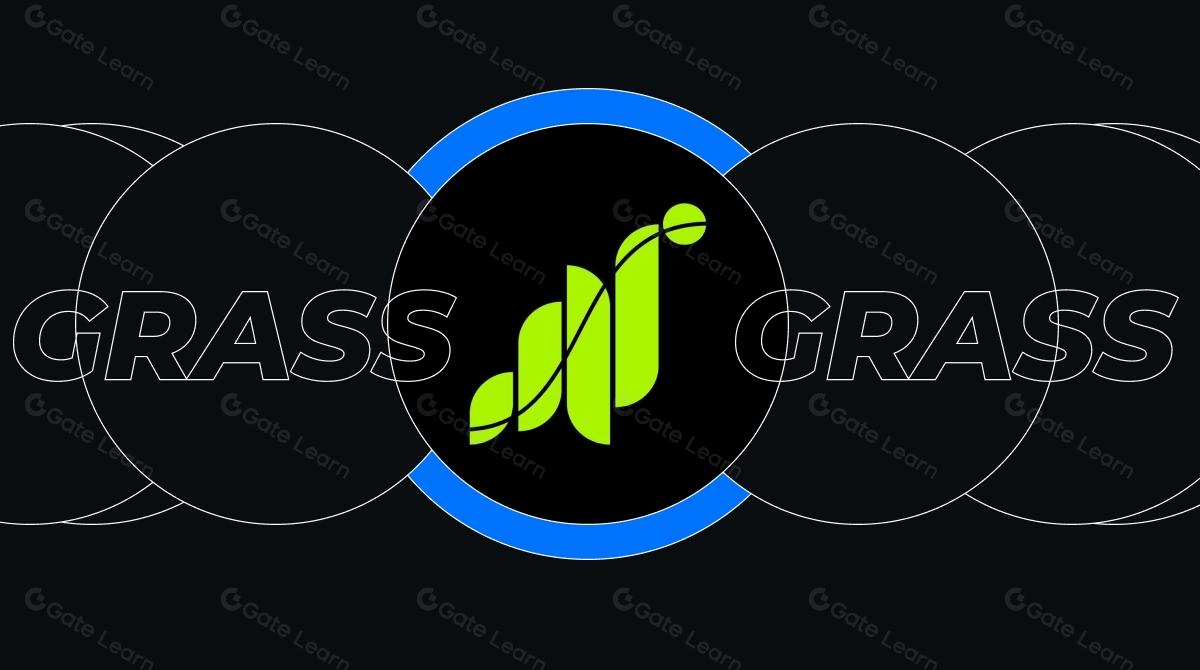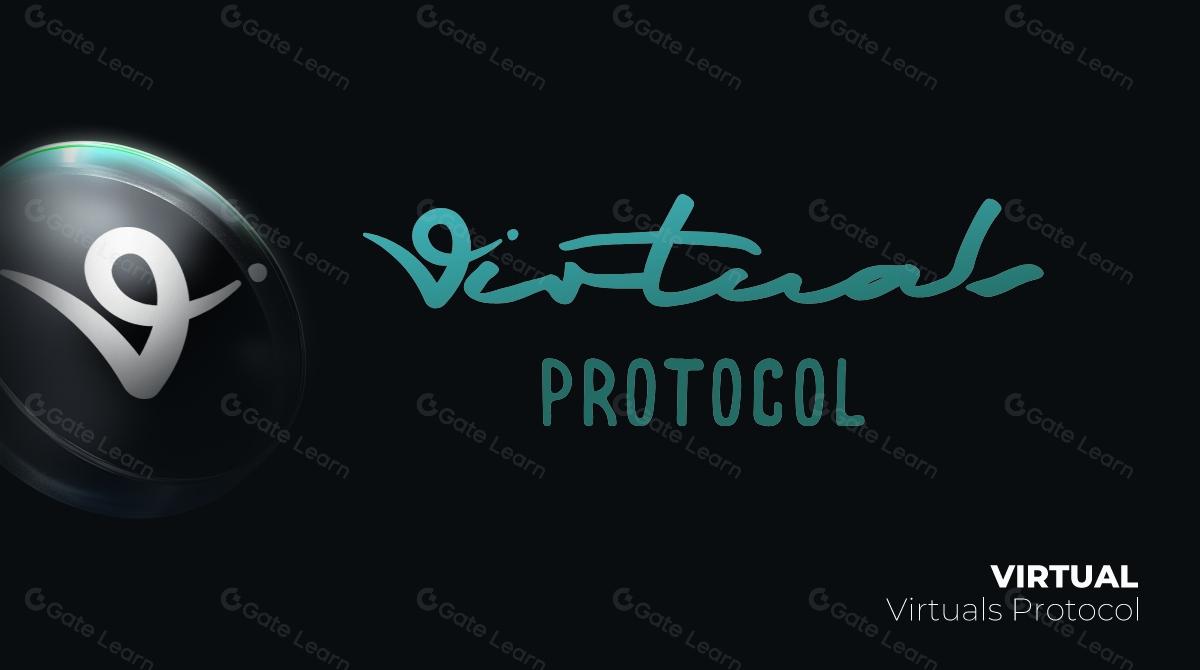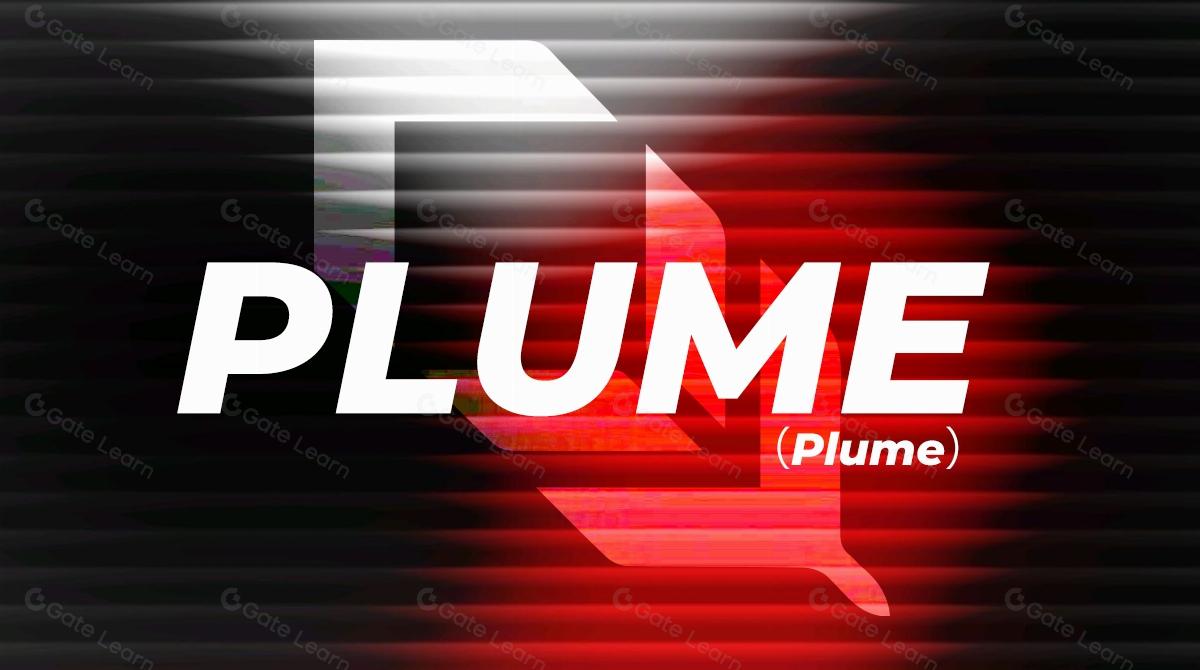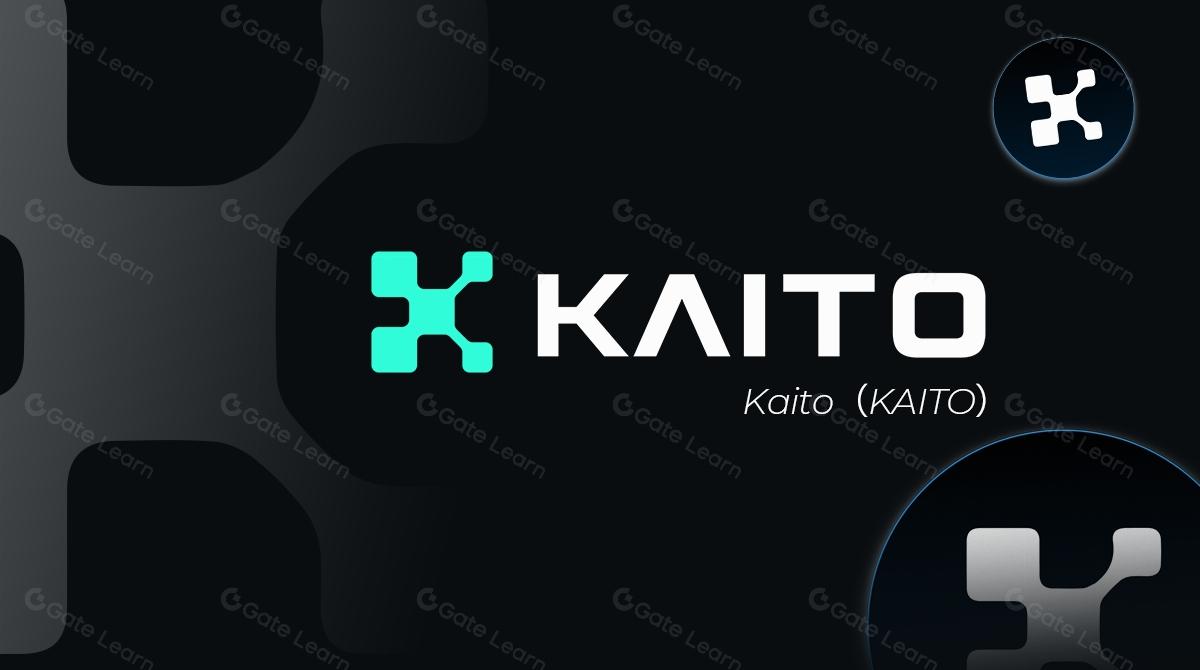Particle Network (PARTI) - Leading Chain Abstraction Infrastructure
What is Particle Network?
Particle Network is a blockchain infrastructure project focused on Chain Abstraction, aimed at addressing core issues such as fragmented user experience, dispersed liquidity, and complex cross-chain operations in a multi-chain ecosystem. Its core philosophy is to isolate users from the complexities of underlying blockchains through technological innovation, providing a unified account, liquidity, and gas experience for cross-chain operations, allowing users and developers to operate without being aware of multi-chain differences.
Particle Network has become the largest AA infrastructure provider in Web3, serving over 70 chains, with approximately 20 million user operations and over $2 billion in secured funds. With more than 30 million activated wallets and over 7,000 DApp integrations, Particle Network has taken the next step in its development by launching Universal Accounts to promote chain abstraction, elevating the Web3 user experience (UX) to a new level.
Gate.com Now Supports $PARTI Spot Trading
Why is Particle Network Needed?
As blockchain evolves from a single chain to a modular architecture, the problem of ecosystem fragmentation has become increasingly prominent. While modularization can achieve high performance, scalability, and customizable blockchain architectures, it comes at the cost of sacrificing the self-containment and efficiency of single-chain blockchains, leading to complex user experiences, more dispersed liquidity, and high costs for cross-chain interactions. Developers face challenges such as user attrition, fragmented liquidity, and rising deployment costs.
Traditional solutions like cross-chain bridges and Layer 2 scaling only alleviate localized issues but exacerbate complexity. The chain abstraction paradigm proposed by Particle Network encapsulates multi-chain operations through a unified account system, allowing end users to operate without awareness of the underlying chains. Users can directly pay gas fees for NFT transactions on Solana using MATIC from Polygon, with the system automatically completing cross-chain exchanges and settlements.
This design not only enhances user experience but also optimizes the developer growth model: protocols can focus on product innovation rather than adapting to a multi-chain environment, and quickly access a full-chain user pool through Particle’s universal SDK. Adoption of Particle’s Adpp has led to a 40% increase in user retention and a 70% reduction in transaction friction costs. Chain abstraction is seen as a key infrastructure for Web3’s expansion into the mainstream market, and Particle Network is a leader in this field.
Universal Accounts
Universal Accounts are Particle’s flagship product, essentially cross-chain synchronized smart contract accounts (ERC-4337). Each account is linked to an EOA (Externally Owned Account address) and coordinates state synchronization across all supported chains via the Particle Chain. Users can create accounts through social logins (such as Google/Facebook) or traditional wallets, gaining a unified address and balance view across chains.
Implementation Process:
Users create a universal account through social login or traditional wallets, and the Particle Chain synchronizes account states across all supported chains. When users operate DApps, the universal SDK automatically resolves cross-chain requirements, triggering liquidity routing and gas token conversion.
UniversalX: The First Application of Chain Abstraction
UniversalX is the first full-chain DEX based on universal accounts, allowing users to trade assets from any chain for tokens in the Solana, EVM chains, or even Bitcoin ecosystems. Users can directly purchase Solana’s SPL tokens using USDT from Ethereum, with the system automatically splitting cross-chain transaction paths and completing atomic settlements.
Core advantages include:
- Zero Gas Preloading: Users can pay gas fees with any token, which is automatically converted to PARTI for settlement in the backend.
- MEV Protection: Utilizing threshold signature technology to prevent front-running transactions.
- Fiat Entry: Supports credit card purchases of multi-chain assets, covering 156 countries.
For ordinary users, universal accounts eliminate the cumbersome processes of cross-chain bridging, gas token management, and address switching; for developers, SDK integration requires only three lines of code to access full-chain liquidity, significantly reducing multi-chain development costs. Currently, over 7,000 DApps have integrated into this system, covering scenarios in DeFi, GameFi, and SocialFi.
Universal Liquidity and Universal Gas
Particle Network’s universal liquidity technology is the foundation of universal accounts, aiming to coordinate cross-chain transactions and achieve unified user balances. Universal liquidity is realized through atomic cross-chain transactions and exchanges, ensuring that users’ assets can be quickly and seamlessly transferred across different chains.
Particle aggregates fragmented liquidity through an atomic cross-chain trading protocol. When a user initiates a transaction, Bundler nodes automatically break down the requirements, combining funds from the optimal paths (e.g., USDC from Ethereum + MATIC from Polygon) to complete the exchange on the target chain. This process ensures atomicity through optimistic execution, guaranteeing that transactions either fully succeed or fully roll back.
At the same time, Particle Network addresses the fragmentation of gas fees. Traditional multi-chain interactions require holding native tokens from each chain for gas; Particle abstracts gas tokens through Paymaster contracts. Users can choose any asset to pay gas fees, which the system automatically converts to PARTI for settlement. This universal gas mechanism greatly simplifies users’ transaction processes, allowing them to focus more on the transactions themselves rather than asset management.
Funding Background
- May 2022: Particle Network announced the completion of a $1.8 million Pre-Seed round, led by Longhash Ventures, with participation from Insignia Ventures Partners, Cyberconnect, Monad Labs, Bitcoke Ventures, 7 O’Clock Capital, and others.
- March 2023: Particle Network announced the completion of a $7 million financing round, with participation from Animoca Brands, Longhash Ventures, GSR Ventures, and others.
- June 2024: Particle Network announced the completion of a $15 million financing round, co-led by Spartan Group and Gumi Cryptos Capital, with participation from SevenX Ventures, Morningstar Ventures, Flow Traders, HashKey Capital, and others.
Particle Network Tokenomics
Token Utility
PARTI is the native utility token of Particle Network:
- Staking and Governance: $PARTI holders can participate in ecosystem voting within Particle Network, contributing to network development and determining its direction. This also achieves native decentralization at the governance level.
- Universal Gas Token: $PARTI serves as the native gas token for Particle Network and is the foundational gas token used by universal accounts. All gas fees paid by users on any chain are ultimately settled in $PARTI.
- Universal Liquidity Token: $PARTI can also be used as a settlement and intermediary token for liquidity providers (LPs) within Particle Network, participating in cross-chain atomic exchanges and earning exchange fees.
Token Distribution
The total supply of PARTI tokens is 1 billion, with an initial circulating supply of 233 million.
- 12.11% Team and Advisors
- 24.39% Private Sale
- 1.50% KOL Round
- 5.00% Liquidity
- 40% Community Growth
- 5% IDO
- 1% Wallet Airdrop
- 6% Holder Airdrop
- 5% Reserves
Related Articles

DOGS Token Overview: Tokenomics and Airdrop Claiming (as of 2025)

Grass (GRASS) — Decentralized AI Data Collection

Gate.com Launches Pilot Trading Section: Capture On-chain Alpha and Seize 100x Opportunities!

Virtuals Protocol (VIRTUAL) — The AI Agent Generation Platform at the Forefront of Innovation

Plume (PLUME) — Plume (PLUME) — A Modular Blockchain Focused on RWA


